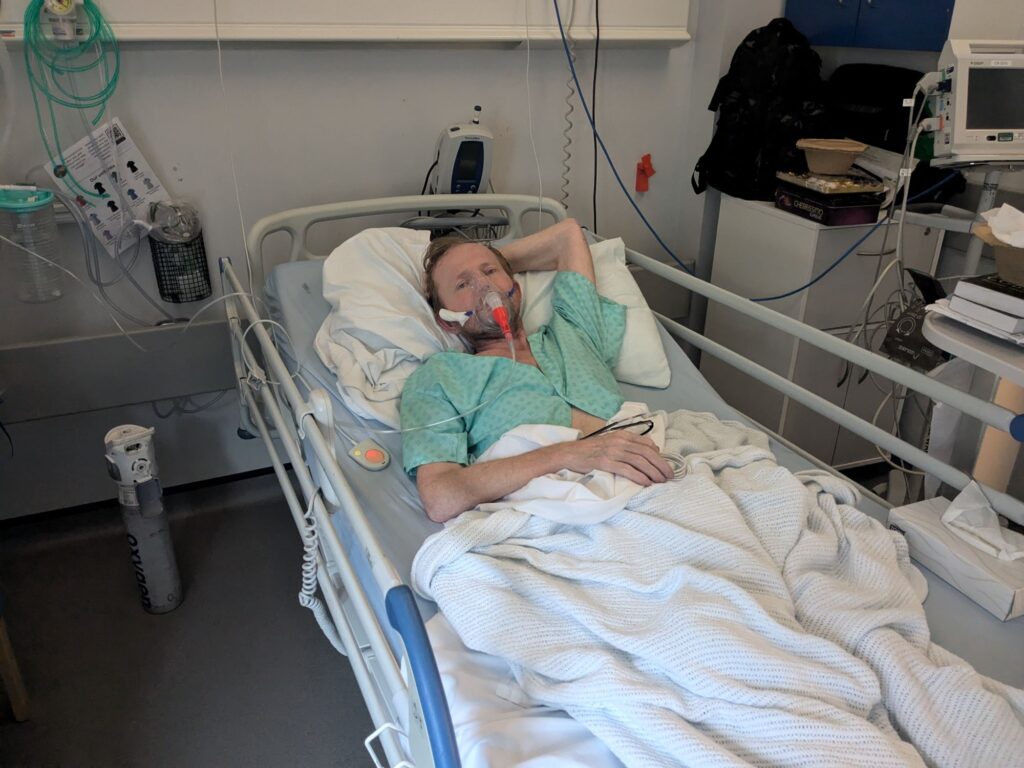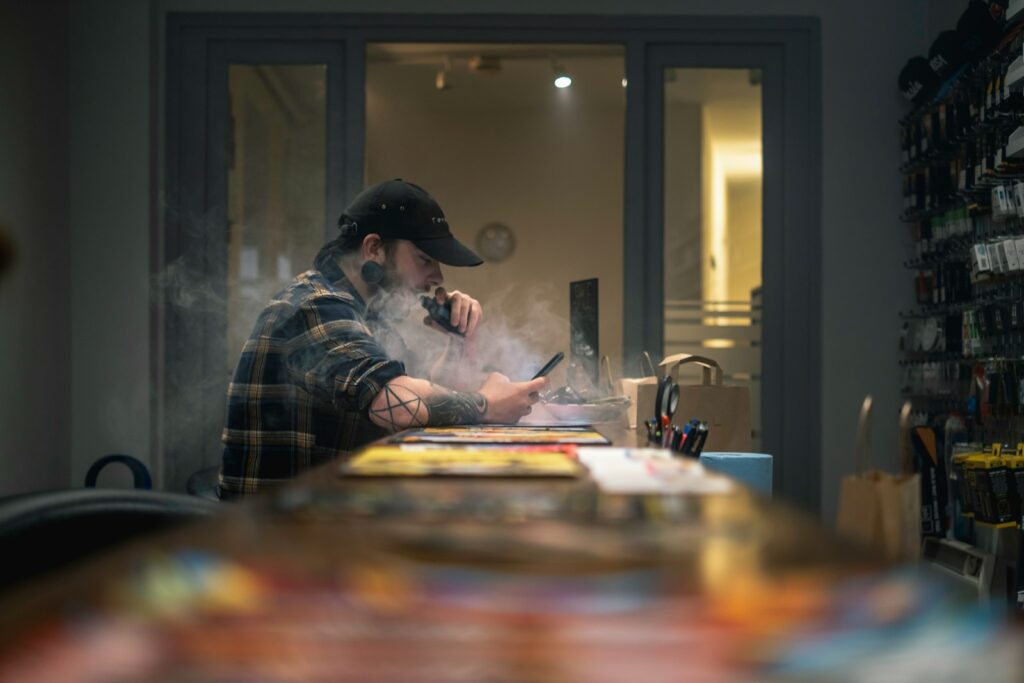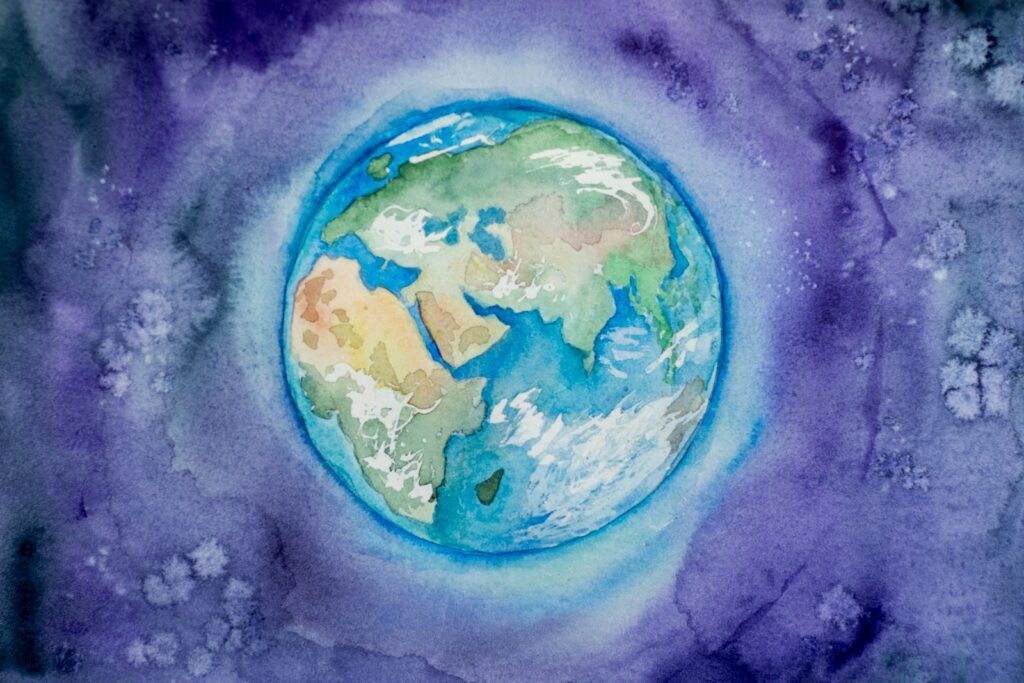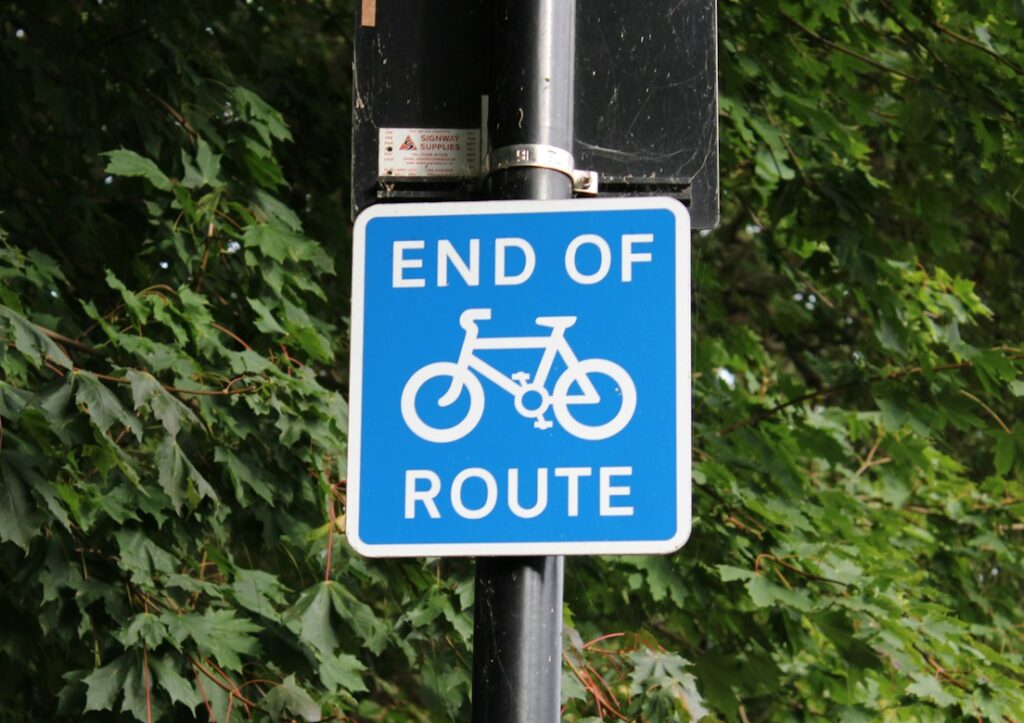In the same week that that negotiations to introduce a globally binding plastics treaty in Geneva broke down, Greenpeace have published research revealing the level of microplastics that are present in the air of that very city.
To explore the extent of airborne microplastic exposure in urban life, Greenpeace conducted a case study in the city on 17th July 2025.

A researcher wore a modified PDR-1500 personal air quality monitor for eight hours, collecting airborne particles onto a silver filter at a rate of 3.5 litres per minute. The researcher’s day included time in public transport, cafés, restaurants, supermarkets, clothes shops, electronics stores and co-working spaces.
Technicians at the University of Exeter examined a 1.7 m³ air sample under high magnification and infrared spectroscopy. They found a total of 165 particles which included 12 confirmed microplastic particles: six fragments and six fibres.
Predictably, fibres look like tiny threads while fragments look like tiny jagged chips. Both can float in the air but fibres are more often linked to fabrics, while fragments are from the breakdown of solid plastic items.
The fibres were predominantly polyester, nylon, and other polyamides, assumed to be from clothing or furnishings. The fragments included various polyethylene types, vinyl ether copolymer, vinyl acetate copolymer and cellulose acetate: materials used in products such as cables, synthetic rubber, and coatings.
A typical person at rest breathes approximately 2,880 litres of air over eight hours – about 1.7 times the volume sampled – suggesting the potential for significant daily exposure.
Significantly, this study only assessed particles 10μm and larger. Other research has shown that much smaller particles are also present, potentially increasing exposure by up to 100 times previous estimates and raising further health concerns.
Joëlle Hérin, expert and campaigner on consumption systems at Greenpeace Switzerland, said: ‘Even the best waste management systems can’t stop plastic from turning into air pollution. We are breathing in plastic, and it’s getting into our lungs. That should be a wake-up call for any government serious about public health and planetary survival.’
Ahead of the talks, Greenpeace called for a legally binding treaty that cuts plastic production by at least 75% by 2040. They point out that the petrochemical industry continues to push to expand plastic production, which could triple by 2060.
Hérin added: ‘We need political courage. Every year we delay means more plastic in the air, water, and our bodies. The science is clear: the time to act is now. We need a strong Global Plastics Treaty that cuts plastic production at the source, or it will fail.’
Photo: © Marc Meier / Greenpeace


















Leave a Reply